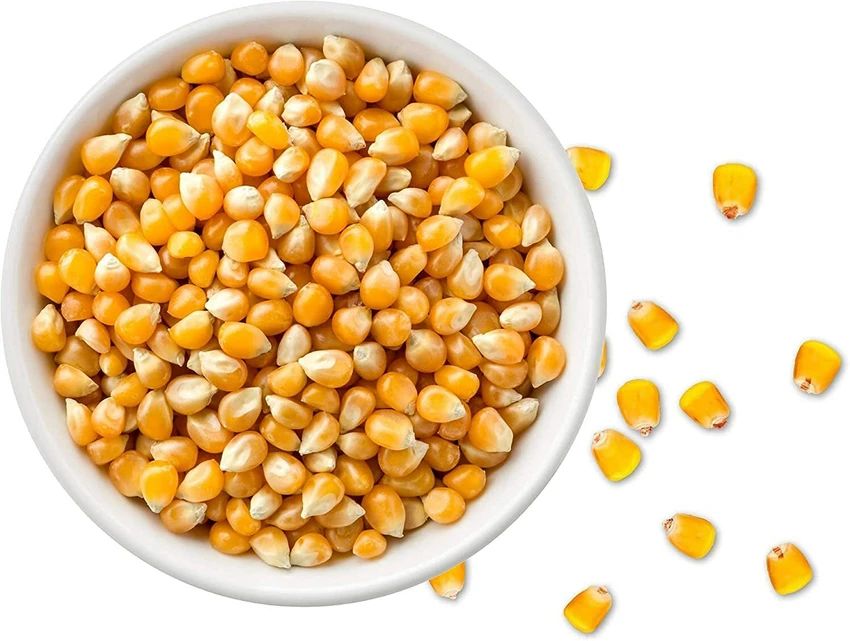Zambia exports over 500 thsd tons of corn

Zambia’s Cabinet has approved the export of 501,621 tonnes of maize, or maize flour equivalent, to various countries in southern Africa, the Lusaka Times reported.
Zambia is dumping its maize surplus to reap the economic benefits of a good harvest. According to the USDA, Zambia is set to harvest 3.4 million tonnes of maize in the 2025/2026 (July-June) season, above average and well above the 1.51 million tonnes that it had in the 2024/2025 lean season. The increase in production was helped by adequate rainfall and government support programmes for farmers.
The move, announced by Agriculture Minister Mtolo Phiri, is aimed at increasing foreign exchange earnings, creating better market opportunities for local farmers and strengthening Zambia’s position as a reliable food supplier in the region.
The move has also been welcomed by several of Zambia’s trading partners. The maize surplus is expected to find markets in deficit countries, particularly in southern Africa, where drought has affected harvests in several countries.
Economists say that exporting the surplus could have a ripple effect on the economy as a whole. Increased foreign exchange earnings could help stabilize the local currency, support imports of essential commodities and ease external debt pressures. However, they warn that exports must be balanced with domestic needs to avoid a repeat of past shortages that sent food prices soaring.
The decision to export maize has not been without criticism. Some stakeholders have expressed concerns that the focus on exports could leave consumers vulnerable if crop estimates are overly optimistic or if unforeseen factors disrupt supplies. The Agriculture Ministry is seeking to address these concerns by ensuring that stock levels are constantly monitored.
Logistics and infrastructure readiness are also under scrutiny. Exporting half a million tonnes of maize will require well-coordinated transportation, storage and border clearance processes. To this end, the government is reportedly partnering with the private sector, including transporters and millers, to ensure efficient transportation of grain from rural warehouses to international buyers.
Zambia’s agriculture minister confirmed that the maize export policy is part of a broader strategy to transform Zambia’s agricultural sector from a subsistence-oriented one to a commercially competitive one. This approach is in line with the government’s goal of making agriculture a key driver of economic growth and poverty reduction.
For almost 30 years of expertise in the agri markets, UkrAgroConsult has accumulated an extensive database, which became the basis of the platform AgriSupp.
It is a multi-functional online platform with market intelligence for grains and oilseeds that enables to get access to daily operational information on the Black Sea & Danube markets, analytical reports, historical data.
You are welcome to get a 7-day free demo access!!!
Read also
AmSpec – Partner of BLACK SEA GRAIN.KYIV-2026
Black Sea & Danube Rapeseed Market at a Turning Point: Weather Risks, Supply ...
Indonesia to import 1 thsd tons of US rice despite self-sufficiency policy
China returns rapeseed oil from Kazakhstan over GM
Nigeria advances toward full membership in council of palm oil producing countries
Write to us
Our manager will contact you soon



